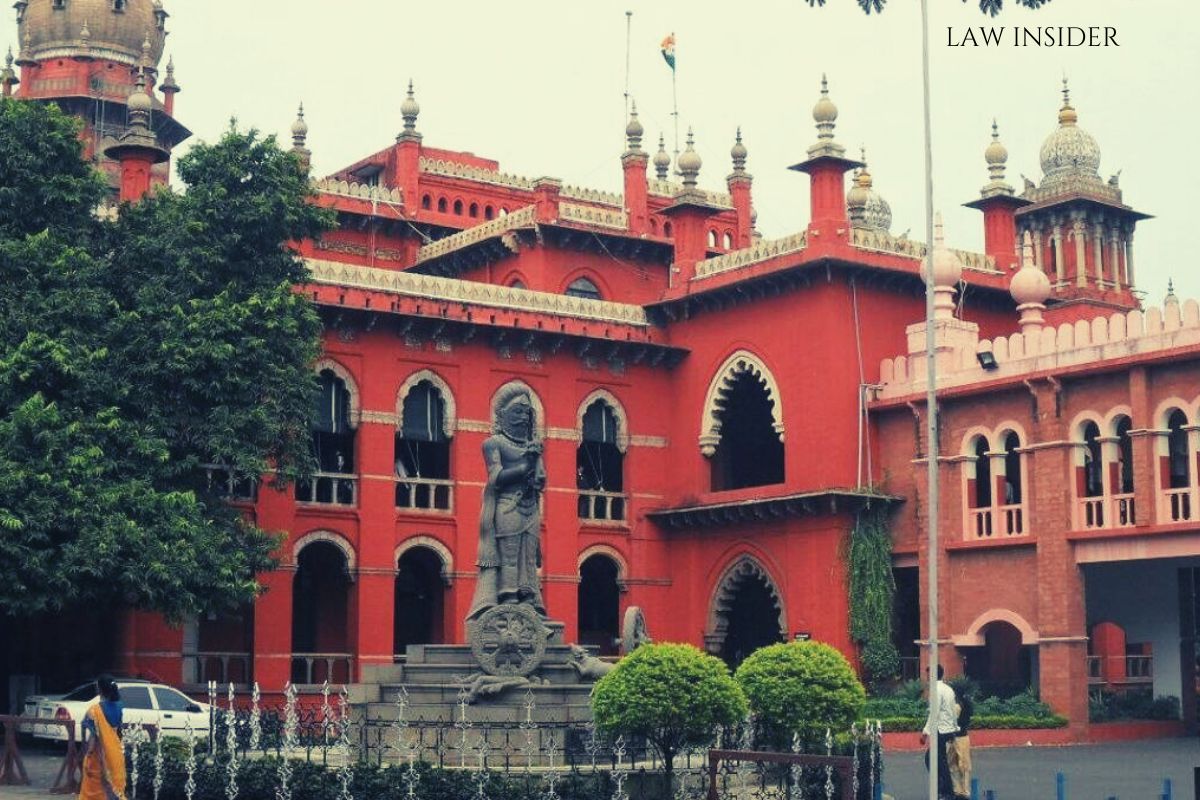LI Network
Published on: 09 August 2023 at 12:00 IST
The Madurai Bench of the Madras High Court has issued a directive to the State of Tamil Nadu to reinstate the boards that indicate the non-entry of non-Hindus into the premises of the Hill Temple and its Sub Temples, while also maintaining the status quo ante.
Justice S. Srimathy, presiding over the case, instructed the respondents to submit a counter while the status quo was upheld.
The case revolves around a writ petition filed by the petitioner, who sought a Mandamus order to compel the respondents to restrict entry to only Hindus in the Hill Temple Premises and its Sub Temples.
The petitioner additionally requested that the third respondent display boards at all entrances based on a representation submitted on June 26, 2023.
During the proceedings, Senior Advocate N. Anantha Padmananbhan represented Mr. RM. Arun Swaminathan, Advocate Veera Kathiravan (A.A.G) appeared on behalf of Respondents 1 and 2, and Advocate R. Baranidharan represented Respondent 3.
The petitioner’s argument was rooted in the Tamil Nadu Entry Authorization Act of 1947, which was enacted to authorize entry and worship in Hindu temples within the state for all classes of Hindus.
The petitioner contended that this Act was exclusively intended for Hindus, thus implying that non-Hindus should not be permitted entry. Reference was made to Section 3 of the Act, which stipulates that every Hindu, irrespective of caste or sect, has the right to enter and worship in Hindu temples.
The petitioner’s legal counsel also referred to the rules framed under the Tamil Nadu Temple Entry Authorization Act, as outlined in G.O. (Ms) No. 164 Firka Development, dated March 23, 1948.
These regulations specify that specific categories of individuals, including non-Hindus, those under ritual impurity due to birth or death, women during restricted hours, and others, are not entitled to access temples or utilize related facilities.
On the opposing side, the respondents contended that the rights of various individuals are protected under Articles 13 and 15 of the Indian Constitution, particularly under clause 15(1).
They opposed the issuance of interim orders, asserting that the situation does not warrant it, and requested time to submit a counter.
The petitioner countered the respondents’ objections by highlighting that Article 15(2) of the Constitution does not encompass temples, suggesting that temples cannot be employed as recreational spaces.
The petitioner also questioned the removal of boards that previously indicated the non-entry of non-Hindus into the temple premises.
In response to these arguments, the Court stated, “this Court is inclined to grant interim status quo ante.
The respondents are directed to restore the Board and maintain status quo ante. In the meanwhile, the respondents are directed to file a counter.”

